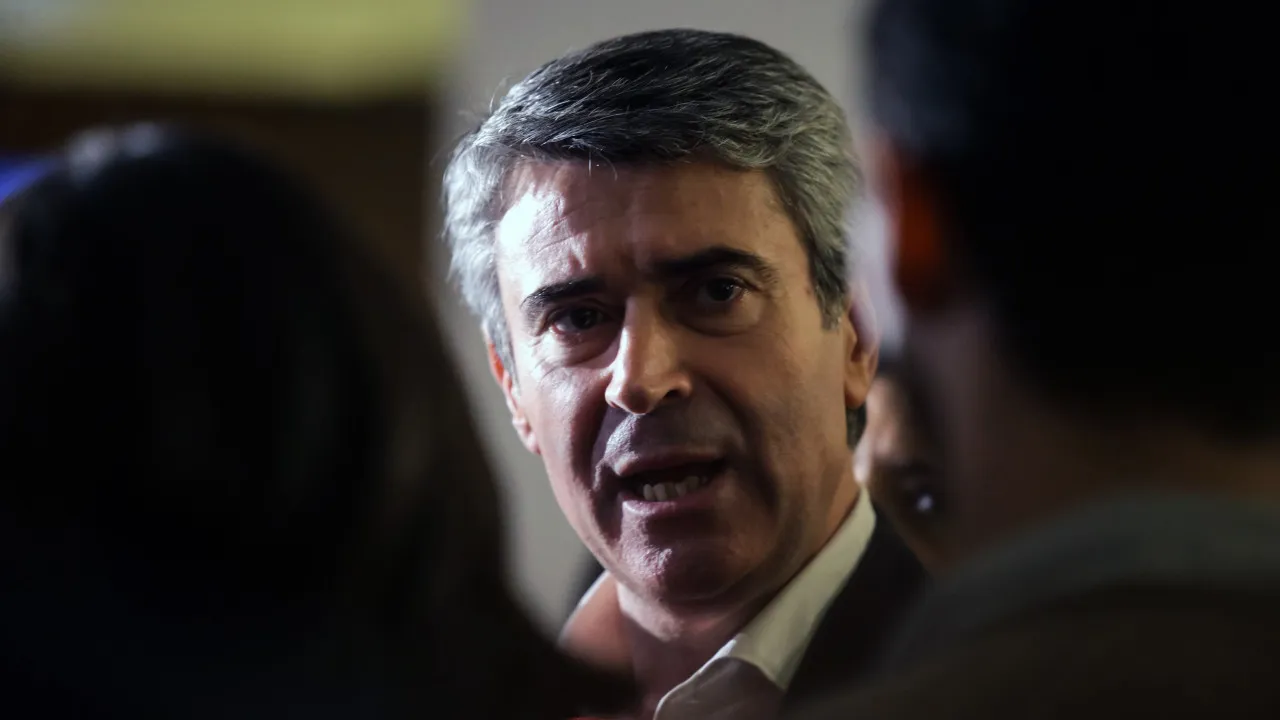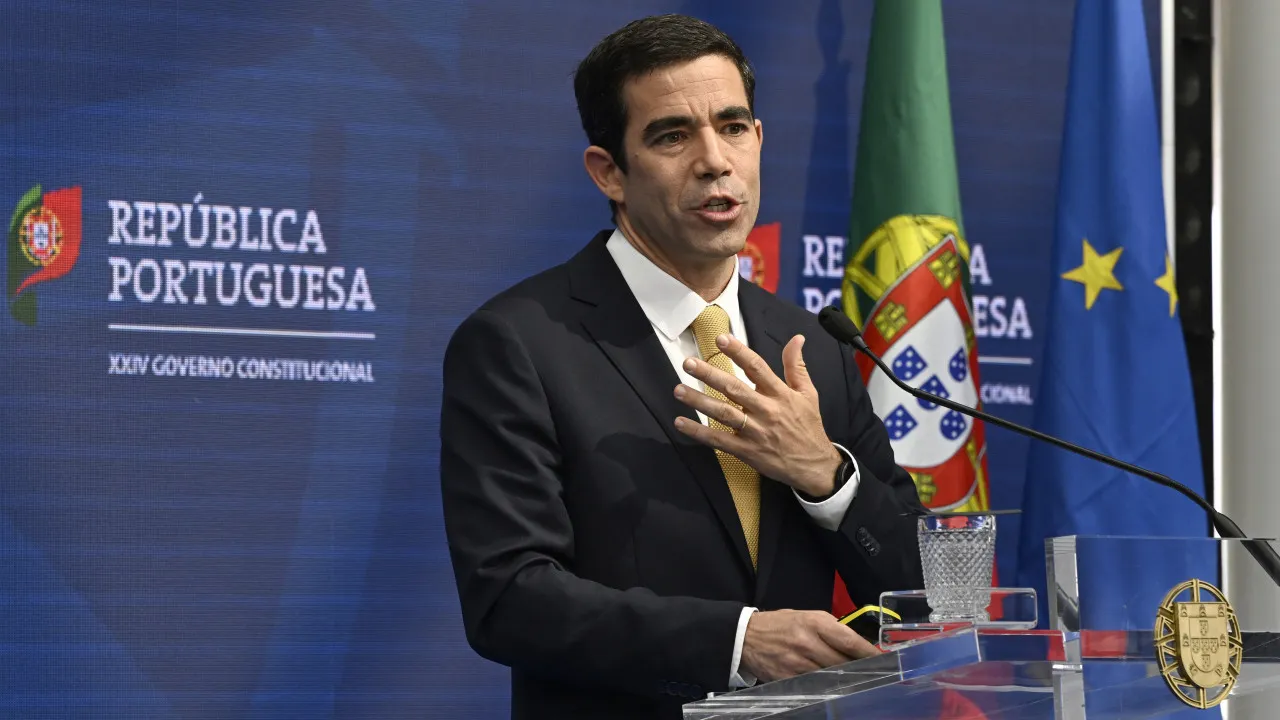
On Tuesday, PS Secretary-General José Luís Carneiro indicated, following a meeting with the President of the Republic, that the immigration law changes proposed by the government would not receive PS support if they remain as presented in parliament.
A PS source stated the party wants the bills, after Friday’s plenary discussion, not to be voted on but to proceed to the specialization committee.
The PS aims for enhancements to be realized in the specialization committee to “remove legal and constitutional uncertainty.”
This morning, a meeting is taking place between the government and the PS regarding the executive’s proposals that aim to amend nationality law and the legal regime concerning foreign citizens in Portugal.
On Wednesday, the government had already met with Chega and IL on the same topic.
The Prime Minister is scheduled to meet today with the Chega leader at 5:00 PM at the official residence in São Bento, as requested by André Ventura, confirmed by Luís Montenegro’s office.
On Friday, the Assembly of the Republic will debate and vote on the government’s legislative proposals to amend nationality laws, the legal regime of entry, stay, exit, and expulsion of foreigners from national territory, and the bill that intends to establish the National Unit for Foreigners and Borders in the Public Security Police, which was rejected in the previous legislature.
In the first full session of the XXV Government Council of Ministers, the second under Luís Montenegro, the executive approved a proposal to amend the nationality law, increasing the required period of residence in Portugal for citizenship acquisition (from five to seven or ten years, depending on whether they are Portuguese-speaking or not).
The government also anticipates the possibility of revoking nationality for those naturalized for less than ten years who are sentenced to a prison term of five years or more for serious crimes. Concerning the acquisition of original nationality by descendants of foreign residents in Portugal, there will be a requirement of three years of legal residence.
In terms of foreign law, the government seeks to restrict the job-seeking visa to “highly qualified activities,” limit access to family reunification, and alter the conditions for granting residence permits to nationals of the Community of Portuguese Language Countries (CPLP) member states.
The government is also reintroducing a bill rejected in the last legislature to create the National Unit for Foreigners and Borders in the Public Security Police (PSP), tasked with airport border control, return, and monitoring of foreigners on national territory.
IL has already expressed general agreement with the proposals, whereas Chega and PS advocate changes to the government’s bills—albeit in opposing directions—to enable their approval.
According to the Constitution, bills regulating the “acquisition, loss, and reacquisition of Portuguese citizenship” must be in the form of organic laws, requiring a final global vote to be approved by an absolute majority of functioning deputies, namely, 116 votes. This will necessitate the support of either the PS or Chega (along with those of PSD and CDS-PP, totaling 91 deputies).




